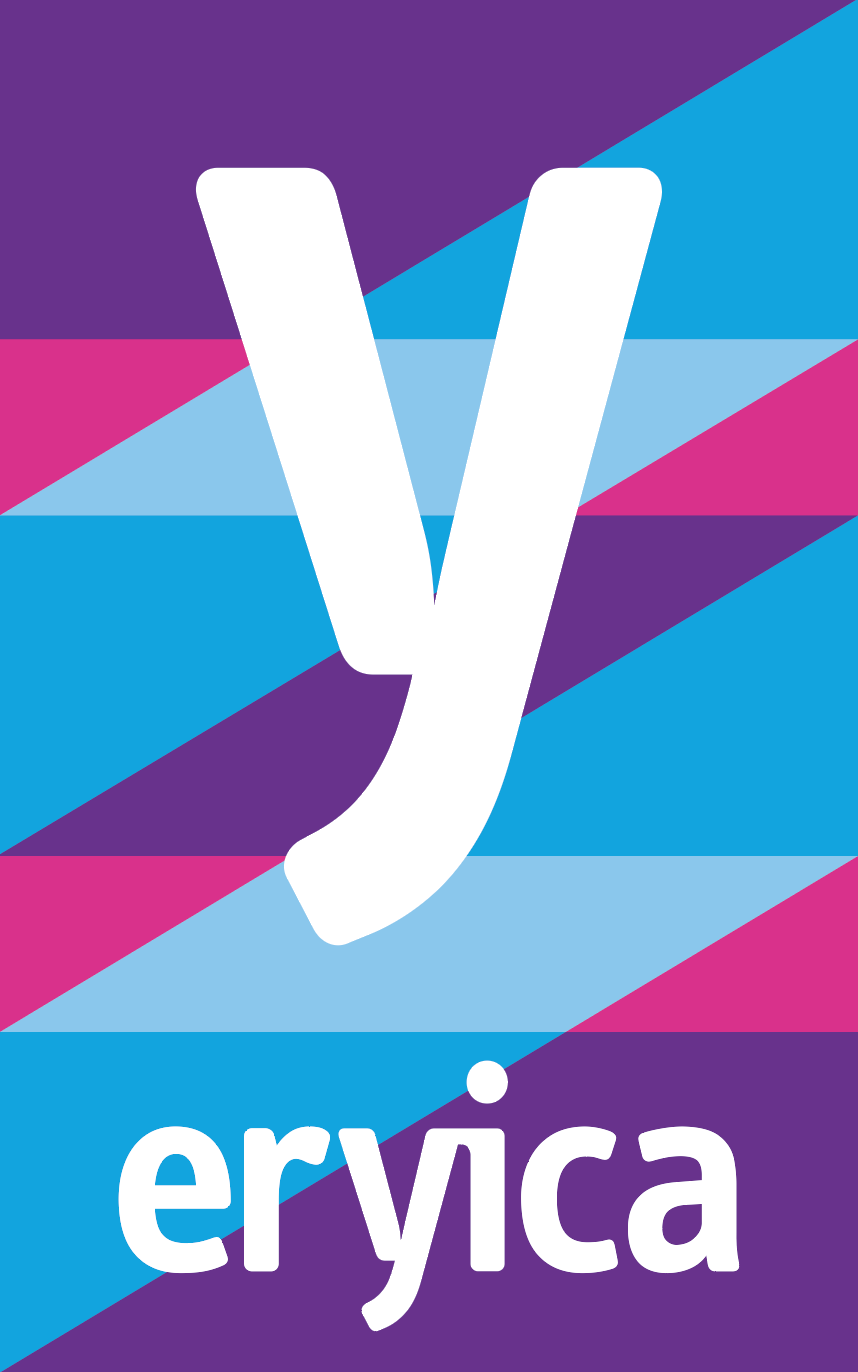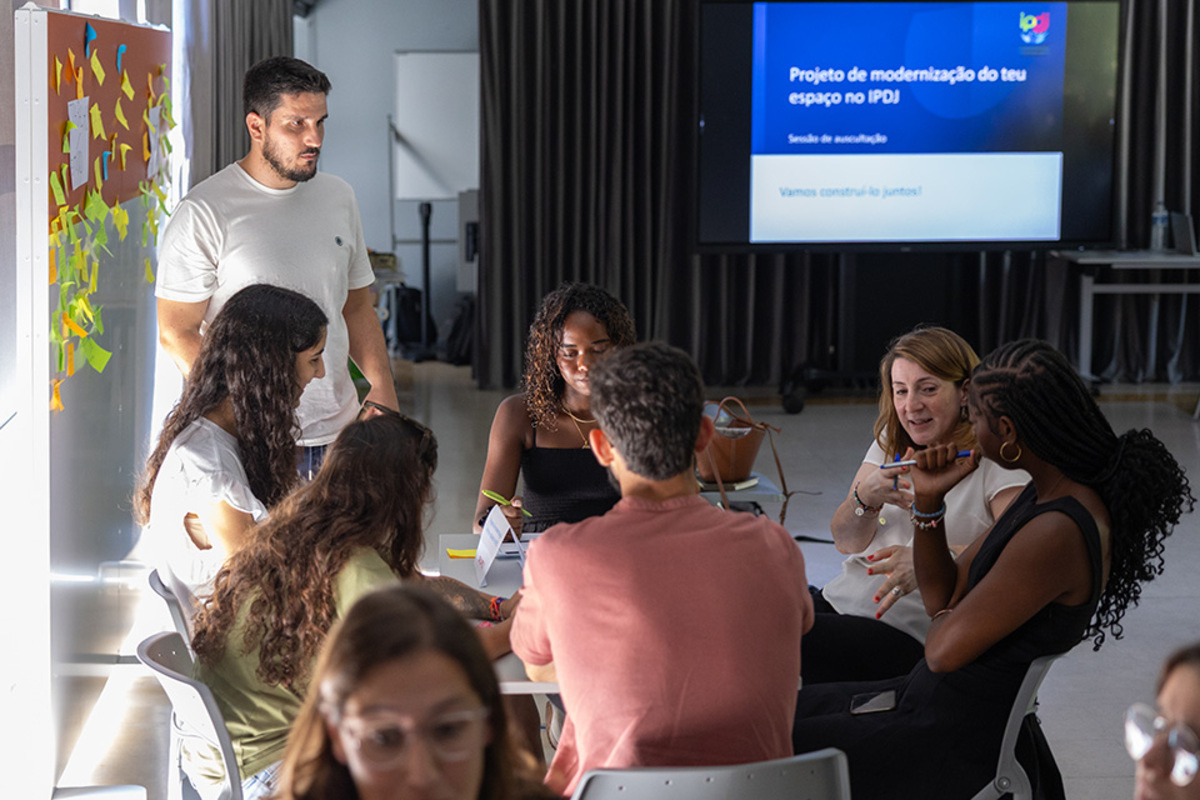Modernising Youth Service Spaces in Portugal
2025
Modernising Youth Service Spaces in Portugal
The Portuguese Institute of Sport and Youth (IPDJ) is developing a new Youth Service Model to modernise and revitalise its information and support spaces for young people across the country. The plan focuses on co-management and active youth participation, ensuring services are more inclusive, dynamic, and regionally adapted.
Aligned with the European Youth Information Charter, the initiative reinforces key principles such as access to reliable, impartial, and youth-friendly information, the active involvement of young people in the design and evaluation of services, and the guarantee of equal opportunities and non-discrimination.
The project is coordinated by the IPDJ’s Youth Policies and Youth Associations Department (DPJA) and the Information, Communication, and International Relations Department (DICRI), in close cooperation with regional teams and the National Youth Council and National Federation of Youth Associations.
Scheduled to unfold over 12 months, this initiative combines youth co-creation, innovative technology, and strong local partnerships to create welcoming and future-ready youth service spaces. By integrating young people’s ideas from the very beginning, IPDJ aims to build a service model that is not only modern and efficient, but also truly represents the needs and identity of Portugal’s youth—a goal fully consistent with the Charter’s emphasis on participation, transparency, and quality standards in youth information.
Implementation will follow several key phases: planning and diagnostics, creation of specialised working groups, development of the new service model, pilot testing, and finally, national roll-out. The working groups will address legal frameworks for co-management, strategic partnerships, digitalisation of services, and operational improvements in physical locations. Pilot projects will collect valuable data and feedback from young users to fine-tune the model before the nationwide launch, ensuring that evaluation processes reflect the Charter’s criteria of relevance and reliability.
Young people have already been consulted on the physical redesign of the service spaces, and a nationwide contest to create the new visual identity of these spaces ran until 12 August, ensuring that youth perspectives are at the heart of both the concept and the look of the new model—a practical application of the European Youth Information Charter’s principle that information for young people should be created with and for them.

